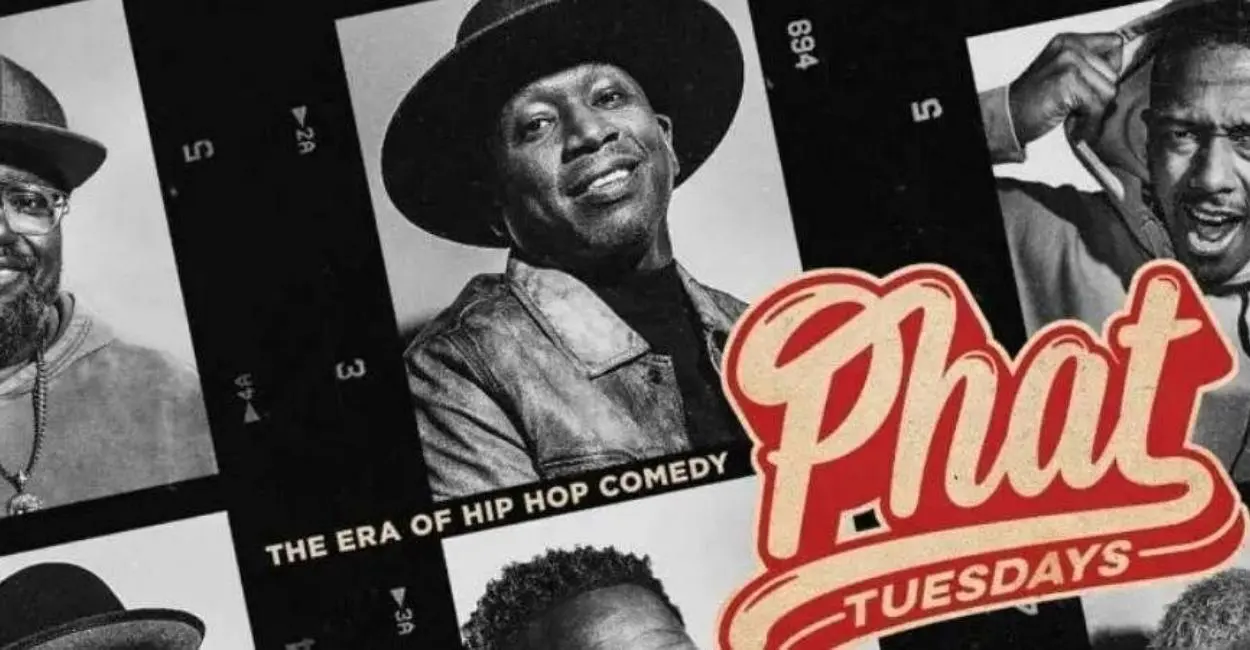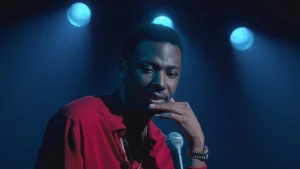Bankruptcy Law Doesn’t Allow Debtors To Escape Student Debt: The Law Should Change
It’s difficult to conceive of a way to address the student debt issue in a way that would satisfy both conservative and liberal politicians, but a nascent movement to allow people to discharge student debt via bankruptcy may be the one policy in this realm that manages to achieve a modicum of bipartisan consensus.
Right now someone who is heavily in debt can escape nearly every obligation they have via bankruptcy either by filing a Chapter 7 bankruptcy, which essentially wipes their slate clean, or a Chapter 13 bankruptcy reorganization, whereby the court establishes a repayment plan for the debtor and wipes out some fraction of their debt.
Giving people the ability to file bankruptcy is a good thing: We don’t want people saddled indefinitely with debts they are simply unable to ever repay, regardless of how they may have incurred them. Most people who file bankruptcy suffered some sort of major economic setback that put them in a financial hole they are unable to overcome on their own.
However, virtually the only debt people cannot escape from in bankruptcy is student debt, and given that it totals nearly $2 trillion, that’s a major exception. And there’s no good reason it is excluded this way: The terrific new documentary Loan Wolves—which makes its broadcast debut December 11th on MSNBC and Peacock—determines through considerable effort that the reason Congress ultimately decided to make student debt non-dischargeable via bankruptcy is simply because Congress needed a revenue raiser for a legislative package in the late 1990s.
No politician offered a legitimate policy reason to do this at the time, and most were not even aware the change was being made. The movie tracks down the key players in that legislation, each of whom now believe it should be changed.
The law prohibiting student debt to be discharged via bankruptcy is a familiar one for me even though I never had to grapple with any student debt of my own: My father was a bankruptcy lawyer for over forty years, and he inadvertently played a small role in making it more difficult for people with student debt to escape it via bankruptcy.
He was the first lawyer in the state of Illinois to advertise his services: at the time it was unclear that doing so was even legal, and it took a Supreme Court decision a few months after he began advertising to establish its legality.
His first newspaper ad explicitly targeted people with student debt. His ad, which simply read “Student Loan Relief Now: Discharge Your Debts Via Bankruptcy” set off a firestorm, and he was vilified in the media across the state for daring to encourage such a thing. The ensuing media storm contributed to the efforts of politicians in Illinois and elsewhere to limit the ability of people to escape student debt via bankruptcy.
Congress passed a law in the late 1970s that limited that ability, and gradually reduced it further for two decades until the 1998 law made it all but impossible.
My father published such an ad because as a bankruptcy lawyer he had seen how many people at the time were struggling with student debt, and he wanted to help these people start a fresh life.
While my father was a very conservative man—he used to purchase subscriptions to National Review and Commentary for area libraries—he also believed that bankruptcy was vitally important, and he pushed back on those who felt it was too often abused and needed to be reined in. When Congress modified the bankruptcy law in 1998 to limit the dischargeability of student debt via bankruptcy—and again in 2005 when it made escaping credit card debt more difficult—he delayed his retirement to deal with the aftermath of the law and its impact on debtors, working into his 80s.
While simply forgiving some portion of student debt is an idea that conservatives (rightly) abhor, people who believe in limited government should be outraged about exempting student debt from bankruptcy. Allowing people to discharge their student debt through bankruptcy would benefit solely those people with student debt who truly need some assistance, and all of us would benefit from freeing those people from the weight of this burden.
Article written on forbes.com by Ike Brannon









Recent Comments